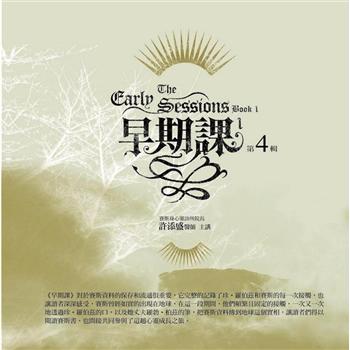Drawing on Husserl’s concepts of communalization and intersubjectivity, this book aspires to an orientation in which human beings are understood in the context of their full-blooded, concrete existence - the life-world.
Michael F. Hickman offers a fresh return to the raw experience of politics through the contemporary realist idea of radical disagreement as the "circumstances of politics." He surpasses realist limitations through the acknowledgment of the constitution of the world as an achievement of the intersubjective community, while crucially asserting that the political horizon is distinguishable from, but coterminous with, the life-world itself. Through the use of hypotheticals, an unprecedented phenomenological account of political experience is offered, in which three major themes of political subjectivity are explored: belonging and possession, authority, and foreignness and political others. Finally, a multi-phase analysis of legitimacy is conducted which, taking into account universal human rights and concretely identifiable expressions of acceptance, is nonetheless rooted in a source - the life-world - that reaches beyond any mere collectivity of ego-acts.
Utilizing an expanded philosophical universe, Husserlian Phenomenology and Contemporary Political Realism offers a path forward from the ideological stalemates in which liberal theory seems hopelessly locked. It will appeal to scholars involved in the study of political theory and philosophy, international relations, intercultural studies, human rights and phenomenology.










